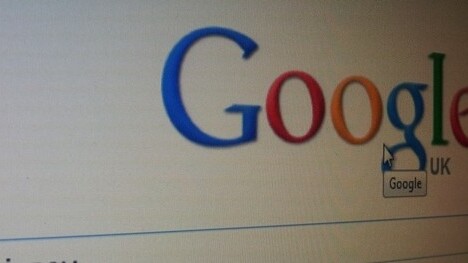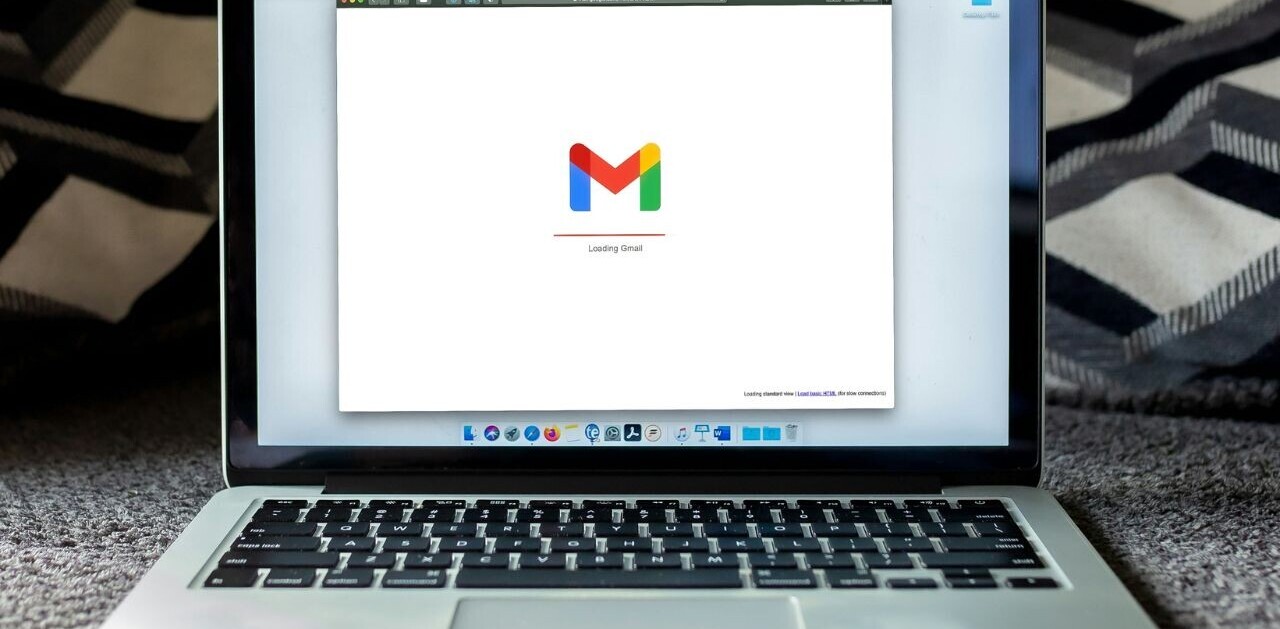
Google has emerged victorious in a libel case brought about by former Tory local council candidate Payam Tamiz, after defamatory comments were reportedly written about him on a London Muslim blog hosted on its Blogger platform.
The Internet giant argued that it doesn’t publish the content and, moreover, it couldn’t know whether the comments posted were true or not.
At the high court today, Mr Justice Eady declared that Google should not be regarded as a publisher, noting that even if it was to be regarded as the ‘publisher’ of the offending comments, it would be exempt from liability in accordance with regulation 19 of the European Union’s electronic commerce directive 2002, which states:
Where an information society service is provided which consists of the storage of information provided by a recipient of the service, the service provider (if he otherwise would) shall not be liable for damages or for any other pecuniary remedy or for any criminal sanction as a result of that storage where—
(a) the service provider –
(i) Does not have actual knowledge of unlawful activity or information and, where a claim for damages is made, is not aware of facts or circumstances from which it would have been apparent to the service provider that the activity or information was unlawful; or
(ii) Upon obtaining such knowledge or awareness, acts expeditiously to remove or to disable access to the information, and(b) The recipient of the service was not acting under the authority or the control of the service provider.
As the Guardian notes, Tamiz brought no proceedings against either the original blogger or the commenters, choosing to go for the host instead.
Google took to the stand at the UK’s Leveson Inquiry back in January, the public inquiry looking at the culture and ethics of the British media. When prompted to answer questions on whether it could remove content linked to through its search engine, Google’s spokesperson repeatedly stated that Google isn’t the Internet and merely indexes content held elsewhere.
The issue of Blogger, the blogging service that anyone can sign up to, is slightly different though in that it does host user-generated content. However, unless a case is cut-and-dry, Google typically chooses not to adjudicate on the allegations and let the courts decide.
UPDATE: This story has been updated to remove reference to false information that originated in an article from the Evening Standard, for which the newspaper has since apologised.
Get the TNW newsletter
Get the most important tech news in your inbox each week.




